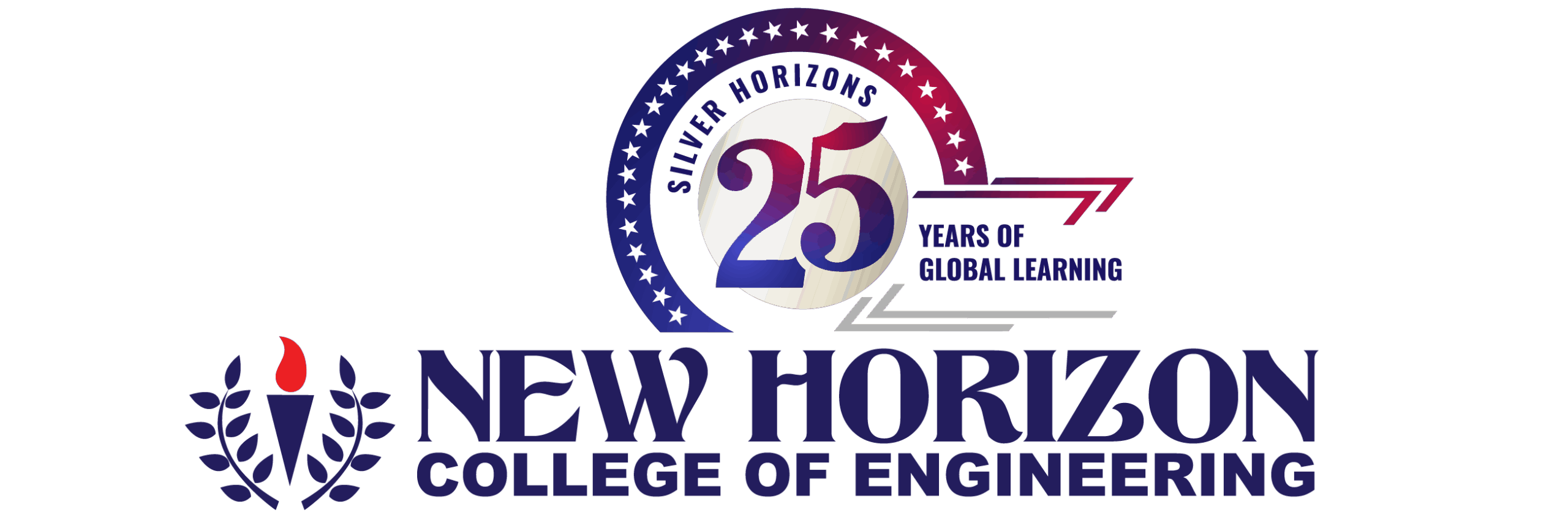PEO / PO / PSO
PROGRAM EDUCATIONAL OBJECTIVES (PEOs)
| PEO1: | The graduates will be able to apply the overall knowledge of Mechanical Engineering along with concepts of Mathematics, Science, Communication and Computing skills to understand specific problem areas and finding the optimal solutions for the same. |
| PEO2: |
The graduates will be able to implement ideas of Mechanical Engineering for the challenging tasks in the interdisciplinary areas like Electrical, Electronics, Computer Science, Civil, Bio-Technology and allied branches. |
| PEO3: |
The graduates will be widely talented in the fields of manufacturing, service and design industries, which will not only improve their employability but also aid in establishing the above said industries. |
| PEO 4: |
The graduates will develop lifelong learning attitudes, ethics and values that will help their career employability and growth in engineering, academia, defence, state and central government sectors. |
Program Outcomes (POs)
| PO1 | Engineering knowledge: Apply the knowledge of mathematics, science, Engineering fundamentals, and an Engineering specialization to the solution of complex Engineering problems in Mechanical Engineering. |
| PO2 | Problem analysis: Identify, formulate, review research literature, and analyze complex Engineering problems in Computer Engineering reaching substantiated conclusions using first principles of mathematics, natural sciences, and Engineering sciences. |
| PO3 | Design / Development of Solutions: Design solutions for complex Engineering problems and design system components or processes of Computer Engineering that meet the specified needs with appropriate consideration for the public health and safety, and the cultural, societal, and Environmental considerations. |
| PO4 | Conduct Investigations of Complex Problems: Use research-based knowledge and research methods including design of experiments in Computer Engineering, analysis and interpretation of data, and synthesis of the information to provide valid conclusions. |
| PO5 | Modern Tool Usage: Create, select, and apply appropriate techniques, resources, and modern Engineering and IT tools including prediction and modeling to complex Engineering activities in Computer Engineering with an understanding of the limitations. |
| PO6 | The Engineer and Society: Apply reasoning informed by the contextual knowledge to assess societal, health, safety, legal and cultural issues and the consequent responsibilities relevant to the professional engineering practice in Mechanical Engineering. |
| PO7 | Environment and Sustainability: Understand the impact of the professional Engineering solutions of Mechanical Engineering in societal and Environmental contexts, and demonstrate the knowledge of, and need for sustainable development. |
| PO8 | Ethics: Apply ethical principles and commit to professional ethics and responsibilities and norms of the Engineering practice. |
| PO9 | Individual and Team Work: Function effectively as an individual, and as a member or leader in diverse teams, and in multidisciplinary settings. |
| PO10 | Communication Skills: Communicate effectively on complex Engineering activities with the Engineering community and with society at large, such as, being able to comprehend and write effective reports and design documentation, make effective presentations, and give and receive clear instructions. |
| PO11 | Project Management and Finance: Demonstrate knowledge and understanding of the Engineering and management principles and apply these to one’s own work, as a member and leader in a team, to manage projects and in multidisciplinary Environments. |
| PO12 | Life-long Learning: Recognize the need for, and have the preparation and ability to engage in independent and life-long learning in the broadest context of technological change. |
PROGRAM SPECIFIC OUTCOMES (PSOs)
| PEO1: | Specify, fabricate, test and operate various machines along with essential documentations. |
| PEO2: |
Analyze, design, develop and implement the concepts of mechanical systems and processes towards product development. |

